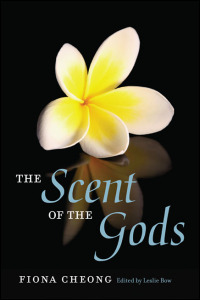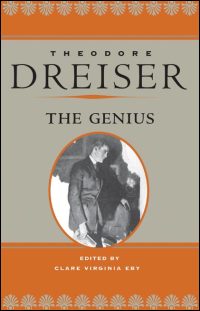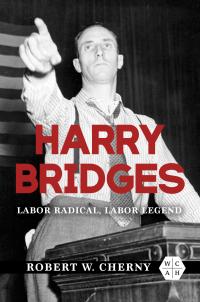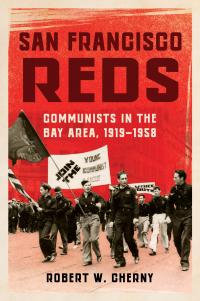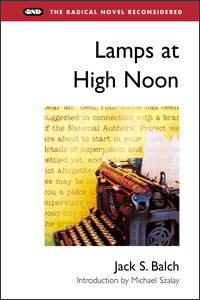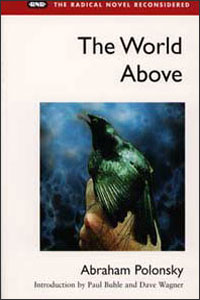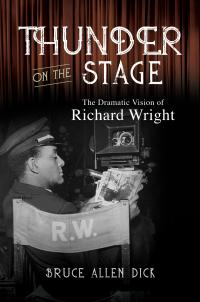
The Big Boxcar
About the Book
Five men and a woman, all African Americans, huddle in the rattling darkness of a boxcar headed north, away from a brutal South, seeking freedom and opportunity. They are joined by a white intruder whose own quest puts them all in great danger. Like Chaucer's pilgrims in The Canterbury Tales, each of these travelers has a story to tell, and these stories—of humor and humiliation, of prostitution and pride, of love and murder—unfold in the course of the journey. They reveal the lives and secrets of the tellers and give this transient community self-respect and solidarity as it hurtles toward arrest or worse.The Big Boxcar, written from a totally black perspective by a white author, bears witness to the structural racism of a social order that sets ordinary people of different colors against each other to the disadvantage of all. Alan Wald's introduction documents Maund's life of activism and his uncompromising commitment to social emancipation.
Reviews
"This is an exceptional little book. . . . Though treating of such things as murder, rape, and arson, [Maund] writes in an easy, unvarying dialect that is often funny and that never tends to reduce the most sombre episodes to straight, unemotional fact." — The New Yorker"[Maund handles] his Chaucerian series of tales with technical assurance and an arresting command over figurative language." — New York Times
"Maund melds his theme and his characters so skillfully that you feel the book virtually wrote itself." — Saturday Review
"Through supple and subtly poignant prose, The Big Boxcar transcends the politics of its historical moment and sings with a freshness and clarity that are a true testament to Maund's consummate skill as a storyteller." — Jessica Kimball Printz, Against the Current
"The travelers' narratives all take the form of testimonials of various encounters with racism, in both its individual and its broader institutional forms. Maund's genius as a writer is to present this series of personal narratives in a way that delineates a sort of phenomenonology of specifically capitalist-driven forms of racism. . . . Maund's brilliant attention to structure allows all the previous issues that were introduced in the other narratives to be subtly recapitulated and expanded upon at the end of the novel." — William Scott, Modern Language Notes

